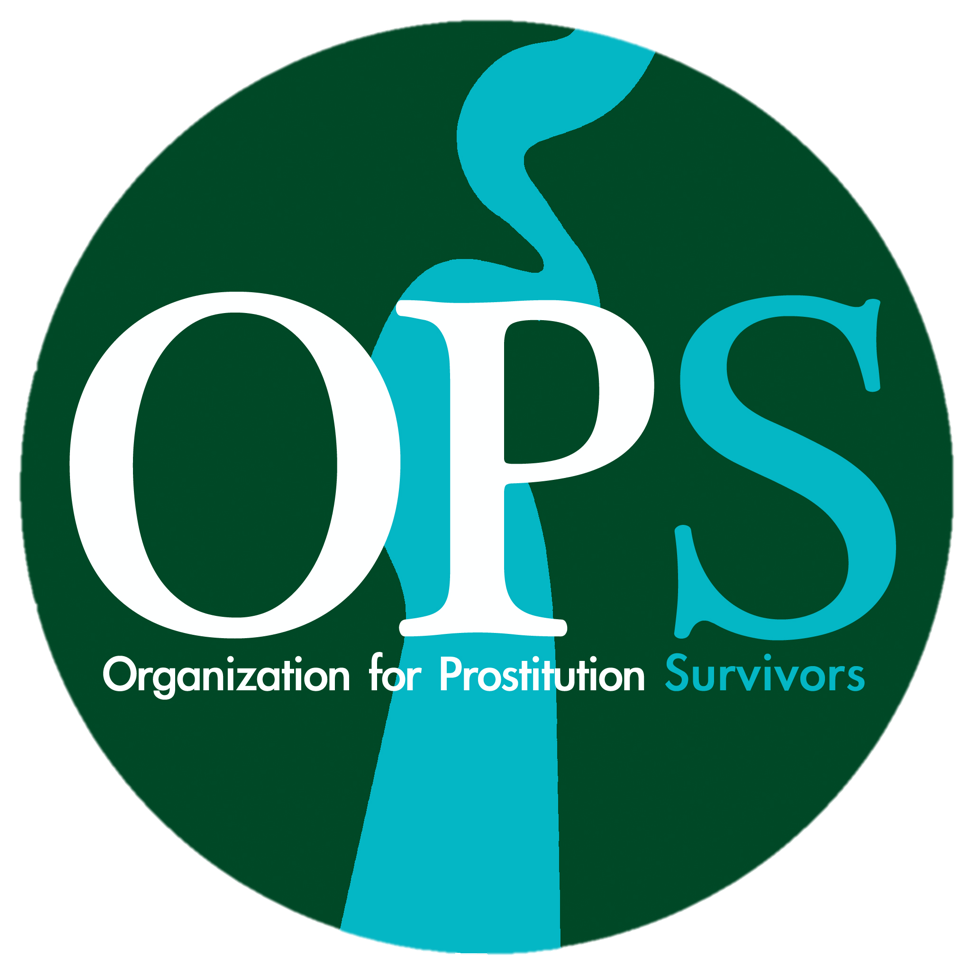Understanding Triggers & Learning How to Self-Soothe: Navigating Trauma in Intimate Relationships
Triggers can affect survivors of trauma and commercial sexual exploitation in different ways, often leading to overwhelming emotions, physical symptoms, or intrusive thoughts. While triggers are a normal response to trauma, understanding them and developing healthy coping skills are crucial for survivors on their journey towards healing and recovery. In this blog post, we'll explore the concept of triggers, their impact on sexual intimacy, and strategies for self-soothing in moments of overwhelm.
Understanding Triggers:
Triggers are things that bring us back to the original trauma, evoking intense emotions, physical sensations, or intrusive thoughts. Survivors often struggle to differentiate between past trauma and present experiences, resulting in a similar emotional intensity. It's important to recognize that triggers are a normal response to trauma. What triggers one person may not trigger another, so it's essential to honor and respect each individual's triggers and reactions.
Navigating Triggers During Sexual Intimacy:
Sexual intimacy can be particularly challenging for survivors of commercial sexual exploitation and sexual abuse. Triggers during sex can bring the body back to a state of heightened fear or activate the fight, flight, or freeze response.
These triggers can become hard-wired to sexual responses due to past abuse, leading to experiences of disgust, pain, discomfort during sex, or terrifying flashbacks—even when the survivor is safe with a chosen partner in the present.
When triggers occur during sex, a survivor's body is unconsciously or consciously experiencing something that reminds them of a time when they did not feel safe. It's important to remember that the body is not trying to harm the survivor; it's simply a way of communicating. Identifying triggers and using healthy coping skills to soothe the nervous system when they happen can be a valuable step towards healing.
The process of identifying and working through triggers is best done with a trauma-informed therapist. They can provide guidance and support throughout the journey towards understanding and managing triggers effectively.
Identifying Triggers in Your Surroundings:
Triggers can be found not only within ourselves but also in our surroundings. Reflecting on past experiences can help identify certain aspects of our environment that resemble the location or circumstances of our trauma. Changing elements like lighting, smells, colors, and temperatures can help reduce triggers and provide a sense of control.
Understanding the Power of Touch:
Our perception of touch may change after trauma, and different types of touch can elicit various reactions based on past experiences. Identifying specific touches or areas of the body that trigger PTSD symptoms and communicating them with your partner is crucial. Remember that your experience of touch may fluctuate, and your partner's support and patience can help create a safe space for healing and growth.
Self-Soothing Strategies for When You Are Triggered:
Finding yourself triggered can be overwhelming, but you have the power to self-soothe and regain a sense of calm. Here are some strategies to help navigate those overwhelming moments:
1. Breathe: Practice deep breathing exercises to bring a sense of calm and relaxation.
2. Check-In with Your Senses: Focus on your surroundings and engage your senses to redirect attention from overwhelming emotions.
3. Ground Yourself: Perform body scans or grounding exercises to reconnect with your body and create stability.
Healthy Relationships for Trauma Survivors:
Healthy relationships based on love, compassion, and caring can be transformative for trauma survivors. These relationships provide an opportunity to learn positive ways to experience sexual pleasure, desire, and consent. Safety, secure attachment, and open communication with a partner who understands your trauma history are key. Voicing your needs, describing what makes you feel safe, and addressing potential triggers strengthen the bond with your partner.
Remember, emotional shut down is a protective measure we use to cope when we feel overwhelmed. If you find yourself experiencing emotional shut down in relationships, here are a few things you can do:
Let your partner know what's happening for you.
Pay attention to the feelings in your body.
Practice deep breathing and grounding exercises.
Seek support from a therapist to explore any past triggers that may be affecting your emotional responses.
Navigating triggers and learning how to self-soothe is an ongoing journey for survivors of commercial sexual exploitation and trauma. It's a process that requires patience, self-compassion, and support from trusted allies. Remember that healing takes time, and seeking professional assistance, such as trauma-informed therapy, can provide the guidance needed. With self-care, healthy relationships, and self-soothing strategies, survivors can find hope, healing, and a future defined by healthy relationships, consensual intimacy, and resilience.



